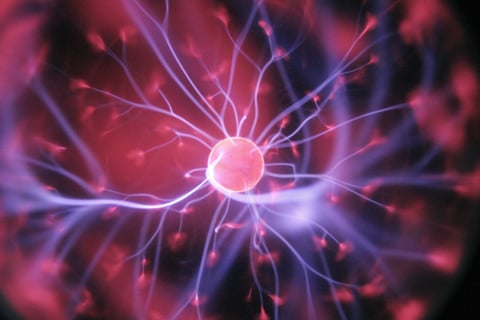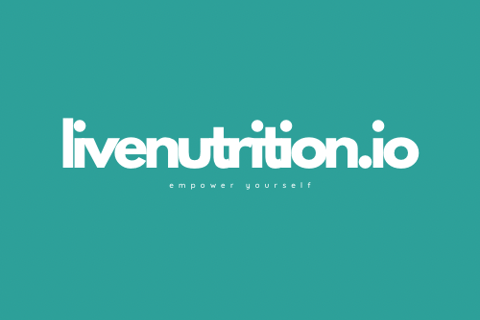Intermittent Fasting and Autophagy
Discover how intermittent fasting triggers autophagy, a natural process that removes damaged cells, boosts metabolism, and promotes longevity. Learn the science behind fasting, its health benefits, and the best fasting methods to optimize autophagy for weight loss, brain health, and disease prevention.
LiveNutrition
2/10/20252 min leer


Intermittent fasting (IF) has gained popularity for its potential benefits in weight management, metabolic health, and longevity. One of its most intriguing effects is its ability to trigger autophagy, a natural cellular process that plays a crucial role in maintaining overall health. In this article, we’ll explore what autophagy is, how intermittent fasting promotes it, and the potential health benefits of incorporating fasting into your lifestyle.
What Is Autophagy?
Autophagy, meaning “self-eating,” is a biological process in which cells break down and recycle damaged or dysfunctional components. This process helps remove waste, repair cellular damage, and optimize cellular function. It’s like a built-in detox system for your cells, ensuring they stay healthy and efficient.
Autophagy is always happening at a baseline level, but it ramps up under certain conditions—particularly when the body experiences nutrient deprivation, such as during fasting.
How Intermittent Fasting Triggers Autophagy
Intermittent fasting involves alternating periods of eating and fasting, typically for 12 to 24 hours or longer. When food is restricted, insulin levels drop, and the body shifts from using glucose for energy to burning stored fat. This metabolic switch creates an environment that promotes autophagy.
Research suggests that autophagy begins to increase after 12–16 hours of fasting, with significant activation occurring around the 24-hour mark. Longer fasts, such as 36–48 hours, may amplify the effects. However, even shorter fasting windows can offer benefits over time.


Health Benefits of Autophagy Through Fasting
1. Cellular Repair and Longevity
By clearing out damaged cell components, autophagy helps maintain cellular integrity and function. This process is linked to anti-aging effects and a reduced risk of age-related diseases like Alzheimer’s and Parkinson’s.
2. Reduced Inflammation
Chronic inflammation is a key driver of many health conditions, including heart disease, diabetes, and autoimmune disorders. Autophagy helps regulate inflammation by removing dysfunctional cells and reducing oxidative stress.
3. Enhanced Metabolic Health
Fasting-induced autophagy improves insulin sensitivity, lowers blood sugar levels, and supports fat metabolism, making it beneficial for those managing type 2 diabetes or obesity.
4. Supports Brain Health
Autophagy plays a crucial role in brain function by clearing out misfolded proteins and damaged neurons. This is especially important in preventing neurodegenerative diseases and improving cognitive function.
5. Strengthens the Immune System
By removing damaged cells and pathogens, autophagy helps boost the immune response. This may contribute to better resistance against infections and a lower risk of cancer.
How to Incorporate Intermittent Fasting for Autophagy
If you want to activate autophagy through intermittent fasting, consider these approaches:
• 16/8 Method: Fast for 16 hours and eat within an 8-hour window.
• 18/6 or 20/4: Longer fasting windows may enhance autophagy.
• 24-Hour Fasts: Done once or twice a week for deeper cellular benefits.
• Prolonged Fasts (36–48 hours): For advanced autophagy activation.
Additional Ways to Enhance Autophagy
• Exercise: Physical activity further stimulates autophagy.
• Ketogenic Diet: Low-carb, high-fat diets can mimic fasting effects.
• Green Tea & Coffee: Certain compounds in these beverages support autophagy.
Final Thoughts
Intermittent fasting is a powerful tool to promote autophagy, supporting cellular repair, longevity, and overall health. Whether you’re fasting for weight management or long-term wellness, incorporating fasting periods into your routine can help optimize your body’s natural ability to heal and rejuvenate.
Before starting a fasting regimen, consult a healthcare professional, especially if you have underlying health conditions.

In this clip, Dr. Eric Berg goes through some of the key points mentioned in our post.
Empowering you to control your food choices.
© 2025. LiveNutrition. All rights reserved.

